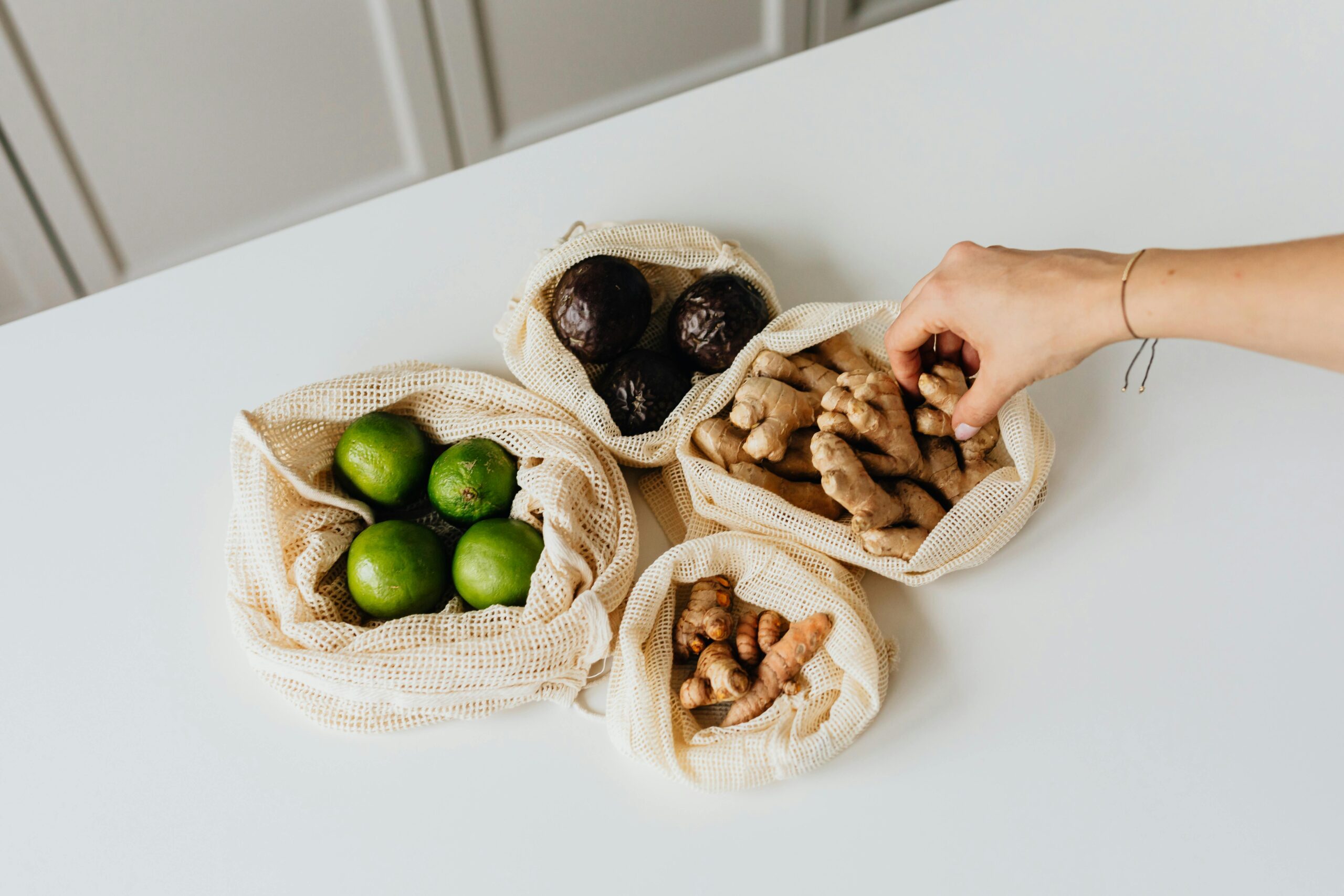Plastic wrap is everywhere—covering leftovers, wrapping sandwiches, and sealing produce. For decades, it’s been a kitchen “must-have.” But with rising awareness of plastic pollution and a growing zero-waste movement, more people are seeking sustainable solutions to single-use plastics. Whether you’re starting your zero-waste journey or just looking for a simple swap, there are innovative, effective, and truly eco-friendly alternatives to traditional plastic wrap.
In this article, we’ll explore the best zero-waste options to keep your food fresh while protecting the planet. Each alternative brings its own unique benefits and can help you make a positive impact, one meal at a time.
Why Switch to Zero-Waste Alternatives?
Plastics take hundreds of years to break down, contributing to pollution in landfills and oceans. Single-use wraps are used for seconds but harm our environment for generations. By choosing reusable and compostable solutions, you help reduce waste, lower your carbon footprint, and keep toxins out of your food.
Top Zero-Waste Alternatives to Plastic Wrap
1. Beeswax Wraps
Beeswax wraps are a game-changer for anyone aiming to ditch plastic. Made with organic cotton, beeswax, tree resin, and jojoba oil, they’re naturally breathable and antimicrobial. These wraps mold around bowls, fruit, and bread with the warmth of your hands.
To use, simply wrap your food and, after every use, rinse with cool water and mild soap. With proper care, beeswax wraps last up to a year and can be composted at the end of their life.
2. Silicone Food Covers
These stretchy lids come in a variety of sizes to fit almost any container or piece of produce. Food-grade silicone is durable, non-toxic, and heat-resistant. Unlike plastic wrap, silicone covers can endure microwaves, freezers, and dishwashers.
Their tight seal keeps food fresh while being infinitely reusable. Once dirty, just toss them in the dishwasher or wash with warm soapy water.
3. Fabric Bowl Covers
Soft, flexible, and often machine-washable, fabric bowl covers bring style and sustainability to your kitchen. They’re usually crafted from organic cotton with elastic edges, allowing a snug fit over various bowl sizes and even plates.
Fabric covers are perfect for proofing dough, covering salads, or storing leftovers in the fridge—no plastic involved.
4. Glass Jars and Containers
The classic Mason jar never goes out of style for a reason. Glass containers with airtight lids are ideal for marinating, meal prepping, storing produce, or keeping leftovers fresh.
Glass doesn’t absorb odors or stains, and it’s 100% recyclable. You can easily see what’s inside, helping you cut down on food waste—and save money.
5. Stainless Steel and Bamboo Lunch Boxes
Lunch boxes made from stainless steel or bamboo offer durability and a modern, plastic-free vibe. Stainless steel containers last a lifetime, don’t leach chemicals, and are fully recyclable. Bamboo options are lightweight, naturally antimicrobial, and compostable once worn out.
For sandwiches or snacks, a sturdy lunch box replaces plastic wrap for on-the-go meals and school lunches.
6. Reusable Food Pouches and Bags
Ditch disposable zip-bags in favor of reusable silicone or fabric pouches. Many brands offer leak-proof, easy to clean bags that can be used for freezing, snacks, or even sous-vide cooking.
Fabric or mesh produce bags can also replace plastic wrap for storing greens, herbs, or bulk grains.
7. Plates as Lids
Often the simplest solution is right in your cupboard. Just place a plate over a bowl as a makeshift lid for leftovers or marinating. Not only does this save on single-use plastic, but it’s also free and effective.
How to Make the Switch—and Stick with It
Changing habits can be challenging, but these tips will help make zero-waste living easier and more enjoyable:
- Start small. Replace just one plastic product at a time.
- Keep your favorite zero-waste alternatives within reach.
- Involve your family or roommates to reinforce new habits.
- Clean and maintain your sustainable storage to extend its life.
- Remind yourself of the environmental impact with simple reminders on the fridge or pantry.
Zero-Waste Wraps: What to Avoid
Some substitutes are less green than they seem. For instance, some “compostable” wraps may only break down under specific industrial conditions, not in your backyard compost. Check for certifications or choose products made from natural materials. Avoid “biodegradable” plastics, which often act like regular plastics in landfills.
Frequently Asked Questions
Are zero-waste food wraps sanitary?
Absolutely! Most options like beeswax wraps and silicone covers have natural antimicrobial properties or are easy to wash thoroughly between uses. Regular cleaning ensures food safety.
Can I use these options in the freezer?
Many alternatives, such as glass, silicone, and fabric bags, are safe for freezing. Just ensure they seal tightly to protect food from freezer burn.
What’s the most cost-effective alternative?
While the upfront cost of reusable items may be higher, most pay for themselves in just a few months. Glass containers and fabric bowl covers are especially budget-friendly, as they last for years and can be reused endlessly.
Making Your Own Beeswax Wraps
Feeling crafty? Homemade beeswax wraps can be a fun weekend project. All you need is cotton fabric, beeswax pellets, and parchment paper. Simply sprinkle beeswax on the fabric, melt in the oven, then let dry. These DIY wraps make thoughtful, eco-conscious gifts, too!
Conclusion: Small Changes, Big Impact
Replacing plastic wrap is a minor effort with a major pay-off: less waste, safer food storage, and a happier planet. With innovative options like beeswax wraps, silicone lids, glass jars, and fabric covers, it’s never been easier to make sustainable, zero-waste choices in your kitchen. Every eco-friendly swap inspires friends and family to join the movement.
Ready to do your part? Start today by trying one of these simple alternatives—and share your journey towards a zero-waste kitchen with others!
Call to Action:
Join the zero-waste revolution! Choose your favorite plastic wrap alternative today and inspire change in your kitchen—one sustainable swap at a time.






